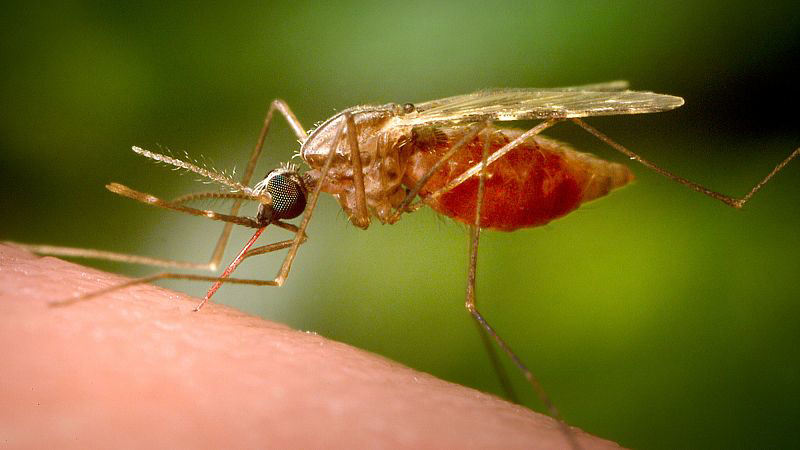Over 7,000 cases of chikungunya, a mosquito-borne viral infection, have been reported across China’s Guangdong province since July 2025. The outbreak has raised concerns among global health authorities, with measures being implemented similar to those seen during the early days of the COVID-19 pandemic.

The city of Foshan is the most severely affected, where patients are being hospitalized under mosquito net protection and can only be discharged after a week or once they test negative for the virus. So far, at least 12 cities in Guangdong have reported infections, and nearly 3,000 new cases were logged in just one week.
Hong Kong also confirmed its first imported case, involving a 12-year-old boy who developed fever, rash, and joint pain after returning from Foshan.
What is Chikungunya?
Chikungunya is a viral illness transmitted to humans by the bite of infected Aedes mosquitoes, particularly Aedes aegypti and Aedes albopictus. Unlike COVID-19, chikungunya is not contagious and does not spread from person to person. Instead, a mosquito must first bite an infected person and then transmit the virus by biting someone else.
Symptoms of Chikungunya:
- Sudden high fever
- Severe joint and muscle pain
- Skin rash
- Headache
- Fatigue
- Swelling in joints
Joint pain can be debilitating and persist for weeks or even months, particularly in elderly or immunocompromised individuals.
Treatment and Recovery:
There is no specific antiviral treatment for chikungunya. Management includes:
- Rest
- Fluids
- Painkillers like paracetamol or ibuprofen
- Avoiding aspirin (which can increase bleeding risk)
Most patients recover fully within 7–10 days, although joint pain may linger for longer periods.
Could Chikungunya Spread to India?
While China is witnessing an unusual spike in chikungunya cases, the disease is already endemic in parts of India, especially during the monsoon season when mosquito breeding is rampant.
India remains at risk, especially in urban areas with poor drainage and standing water. However, since the virus is not directly contagious, mass outbreaks can be controlled through:
- Effective vector control (mosquito eradication)
- Public awareness and personal protection
- Regular fogging and sanitation by local authorities
Given the recent monsoon rains across many Indian states, health authorities are advised to stay alert and reinforce mosquito control measures to prevent a potential spike in chikungunya or dengue cases.
Global Response and Travel Advisory:
The United States CDC has advised travelers heading to China to exercise increased caution, while local governments in China have stepped up hospital preparedness and public information campaigns.
Chinese citizens have voiced concern over the virus online, with many drawing comparisons to the early confusion during the COVID-19 outbreak.
